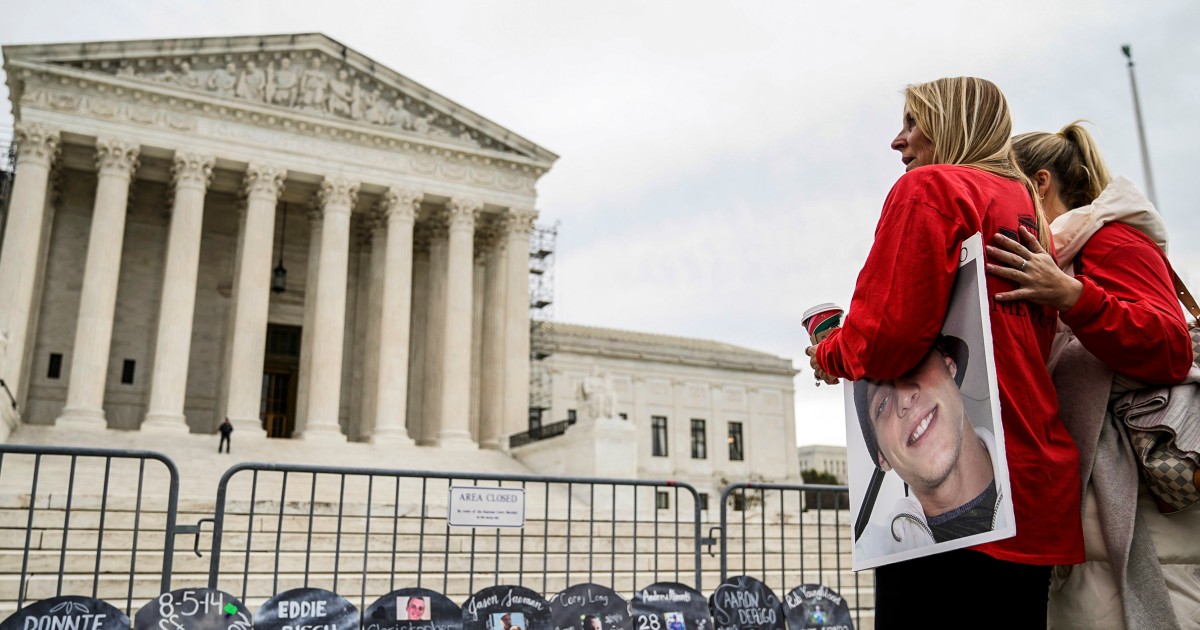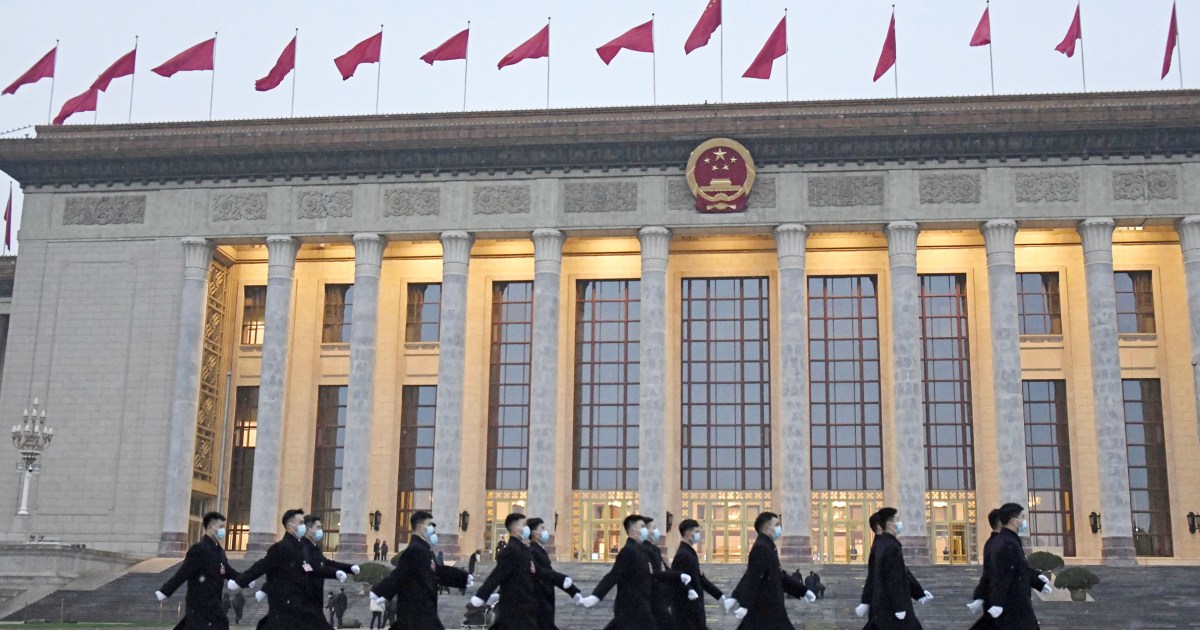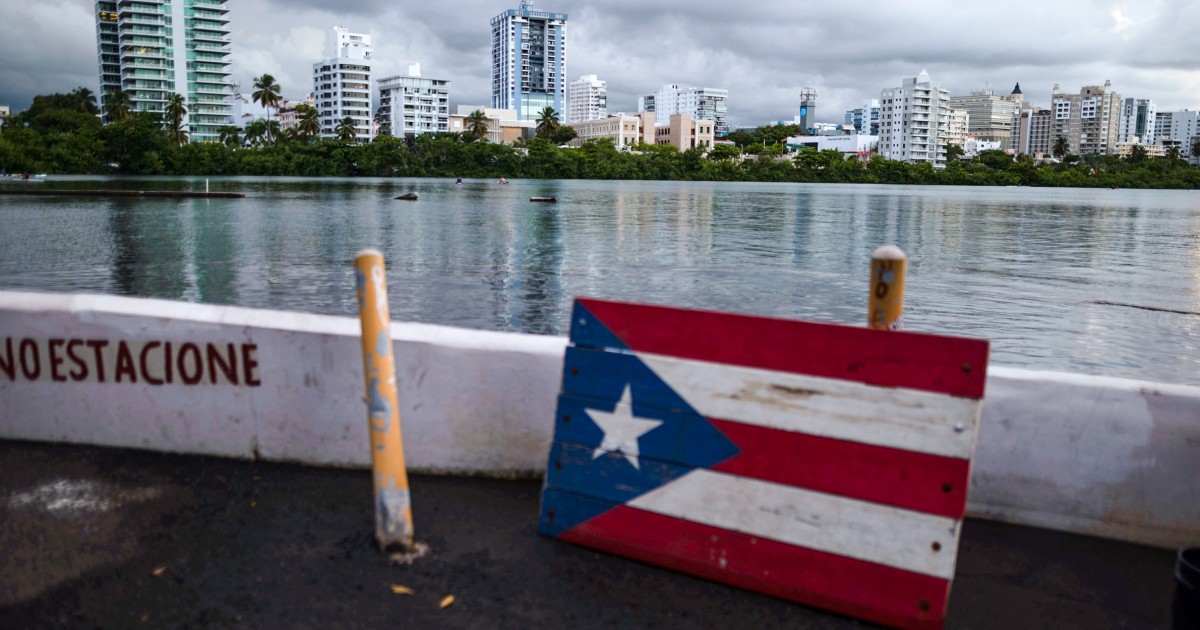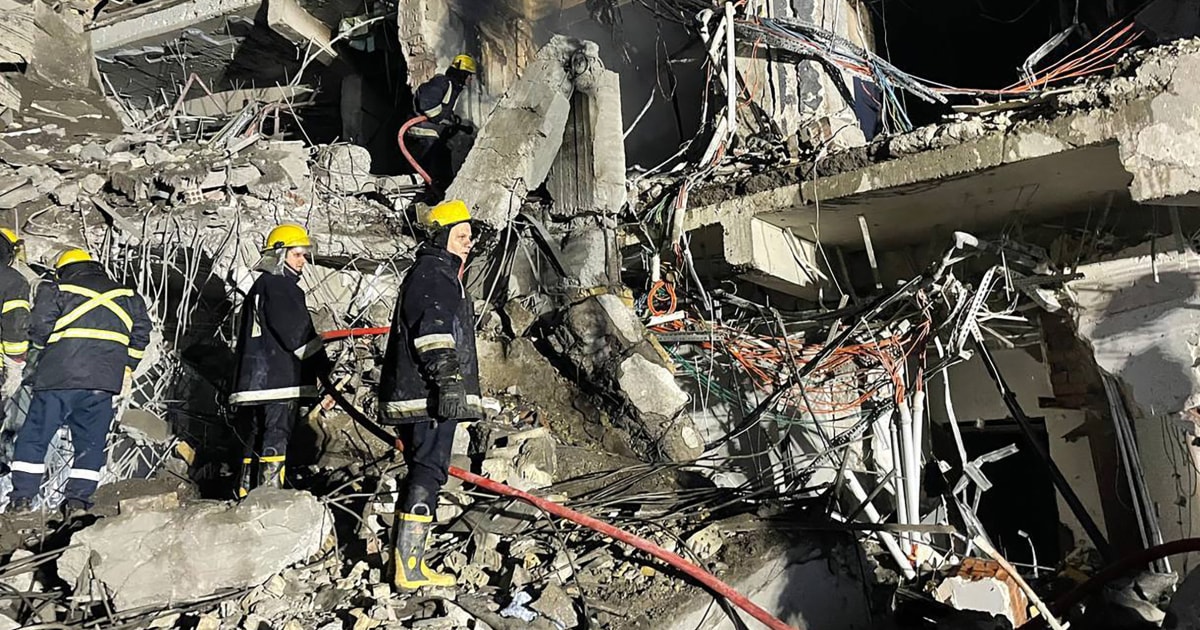The Biden administration objects to the release of additional claims against the Sacklers, saying it would be unfair to potential future plaintiffs.
During oral argument, Justice Neil Gorsuch was most outspoken in raising what he called “serious” constitutional questions about the deal, saying plaintiffs who did not sign on to it would have their rights, including their right to due process, violated.
But Justice Brett Kavanaugh pointed out that “bankruptcy courts for 30 years have been approving plans like this.”
Justice Elena Kagan’s comments during the argument reflected the unease on the bench.
At one point, she wondered why the federal government should be able to “blow up the deal” even though thousands of plaintiffs “who think the Sacklers are pretty much the worst people on Earth” have said they support it.
But later on, Kagan also noted that normally in bankruptcy cases, those involved have to make all their assets available. The Sacklers, she said, were able to join the settlement “without putting … anything near their entire pot of assets on the table.”
She added that it would be “an extraordinary thing” if the court allowed the family to “basically subvert” the bankruptcy process.
Pratik Shah, a lawyer for some of the victims, warned that if the court prevents the deal from going forward, there is no sign that another one can be negotiated.
“There will be no viable path to any victim recovery,” he said.
The government’s lawyer, Solicitor General Elizabeth Prelogar, wrote in a court filing that the settlement prevents the Sacklers from facing “claims alleging damages in the trillions” while “keeping billions of dollars that they siphoned from Purdue.”
In a decision in May, the New York-based 2nd U.S. Circuit Court of Appeals approved the plan over the objection of William Harrington, the U.S. government trustee monitoring the bankruptcy. The Justice Department’s trustee program, of which Harrington is part, is aimed at ensuring that the bankruptcy system operates as required under law.
Purdue has criticized Harrington’s role, noting that groups representing thousands of plaintiffs have signed on to the settlement, which could not have happened without the Sackler family contribution.
At the Supreme Court, various groups representing plaintiffs are supporting Purdue, including one that includes 1,300 cities, counties and other municipalities and another representing 60,000 people affected by the opioid epidemic.
In a brief filed by a group representing a large array of plaintiffs, lawyers wrote that their clients “have no love lost for the Sacklers” but recognize that the settlement is “the only means of getting billions of dollars in life-changing and live-saving funds … that are desperately needed today.”
Canadian municipalities and Indigenous First Nations are among those objecting to the settlement.
Purdue flourished under brothers Mortimer and Raymond Sackler, who died in 2010 and 2017, respectively. The family reaped billions and spent lavishly, including on splashy charitable projects.
The family told the Supreme Court that it continues to back the settlement.
In a brief filed on behalf of the relatives of Mortimer Sackler, most of whom are based overseas, lawyers warned of “significant litigation costs and risks” in seeking to enforce any foreign court judgments against the family if the settlement were thrown out.












